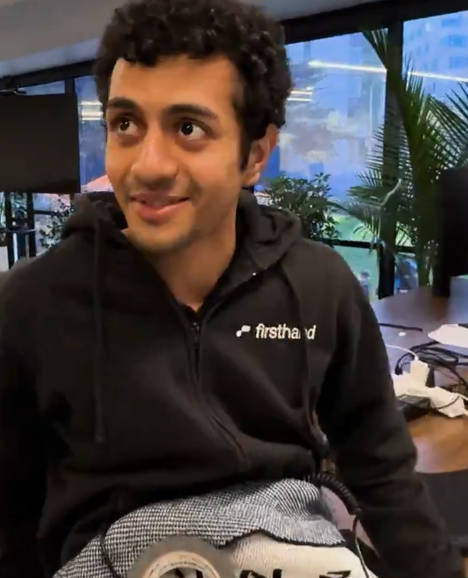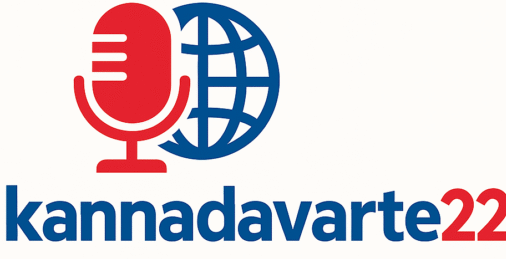The Soham Parekh Scandal
In July 2025, Indian software engineer Soham Parekh became the centre of a global controversy after multiple U.S. founders publicly accused him of simultaneously working at several startups many Y Combinator-backed while hiding his multi‑employment activities from each of them . Founder Suhail Doshi (Playground AI, formerly Mixpanel) sparked the uproar with a viral post on X, warning others that Parekh had “worked at 3–4 startups at the same time… Beware”

The Explosive Origin: Playground AI
Doshi’s alert began when he discovered Parekh moonlighting at Playground AI, despite being hired there in good faith. Doshi fired Parekh within the first week and later shared his CV, claiming “probably 90% fake”
Doshi commented:
“I fired this guy in his first week and told him to stop lying/scamming people. He hasn’t stopped a year later” .
He later tried to counsel Parekh privately—an attempt to “talk sense”—but to no avail
Confirmations from Other Founders
Following Doshi’s disclosure, tech leaders from Lindy, Fleet AI, Antimetal, Warp, Mosaic, and others shared eerily similar tales:
- Flo Crivello (Lindy): Hired Parekh, praised his interview performance, but fired him one week later “Holy sh*t. We hired this guy a week ago. Fired this morning… He did so incredibly well in interviews” .
- Nicolai Ouporov (Fleet AI): “He has been doing this for years and works at more than 4 startups at any given time.”
- Matthew Parkhurst (Antimetal): Described Parekh as “really smart and likeable,” but admitted, “Hiring Soham is a new rite of passage tbh”
- Michelle Lim (Warp), Adish Jain (Mosaic) – both noted that work trials were abruptly cancelled
These testimonies confirmed Parekh’s pattern of moonlighting across 3–5 firms simultaneously, not just at Playground AI
The Dubious CV & Overemployment Tactics
Parekh’s CV listed roles at Dynamo AI, Union AI, Synthesia, Alan AI, Fleet AI, Antimetal, Mosaic, and more. But Doshi argued most of it was fake nearly 90% .
Reports from India’s ET suggest Parekh earned ₹200K/day (₹70M/year) through overemployment, exploiting tools like “mouse movers,” calendar blocking, camera-off excuses, and outsourcing tasks . Investor Deedy Das remarked Parekh is likely “the tip of the iceberg”
Media & Social Media Fallout
- NDTV described it as “one of the most brazen employment scams in recent memory,” comparing Parekh to a scalable “corporate majdoor who cracked the matrix” .
- IndiaToday highlighted Parekh’s impressive technical ability “tasks done in 1 hour that take others 3” yet contrasted it with his unethical execution .
X (Twitter) blew up with memes:
- One user: “Every crypto marketer has been Soham Parekh at some point in their career.”
- Another joked: “Soham Parekh please don’t take my job.”
LinkedIn CEO Reid Hoffman also joined the banter, calling him “The Wolf of YC Street” for a tongue-in-cheek reaction to startup hustle culture.
Also Read :Crizac IPO 2025: Price Band, Subscription Status, GMP & Listing Guide
Soham Parekh’s Private Plea
Although soham Parekh hasn’t spoken publicly, Doshi shared Parekh’s private message:
“Have I completely sabotaged my career? What can I do to improve my situation? I am also happy to come clean.”
A Financial Express story added that Parekh tried winning sympathy by claiming he’d been affected by a drone strike near his home a claim debunked when it turned out he was in Mumbai
Broader Consequences for Remote Hiring
This scandal has prompted serious introspection across the startup world:
- Remote hiring protocols are under scrutiny founders are calling for stricter background and reference checks .
- The “overemployment” trend taking on multiple full-time roles remotely may soon lead to new HR policies and ethical frameworks .
As Deedy Das warns, if unchecked, this could erode trust and productivity in the global remote workforce .
Conclusion & Takeaways
The Soham Parekh saga is more than a sensational headline it’s a cautionary tale for modern hiring:
- Due diligence matters: Thorough checks and references can prevent fraudulent candidates from slipping in.
- Define employment terms clearly: Remote roles must explicitly prohibit moonlighting or side-jobs.
- Build trust via transparency: Employers and employees alike must commit to honest collaborations.
If soham Parekh truly wants to “come clean,” as he told Doshi, he’ll need honest introspection, apology, and perhaps restitution. Until then, his case remains a stark reminder: in the remote-first age, credibility is currency and it’s all too easy to burn.
Let’s stay updated as this story unfolds who knows what policies or lawsuits might emerge next.
